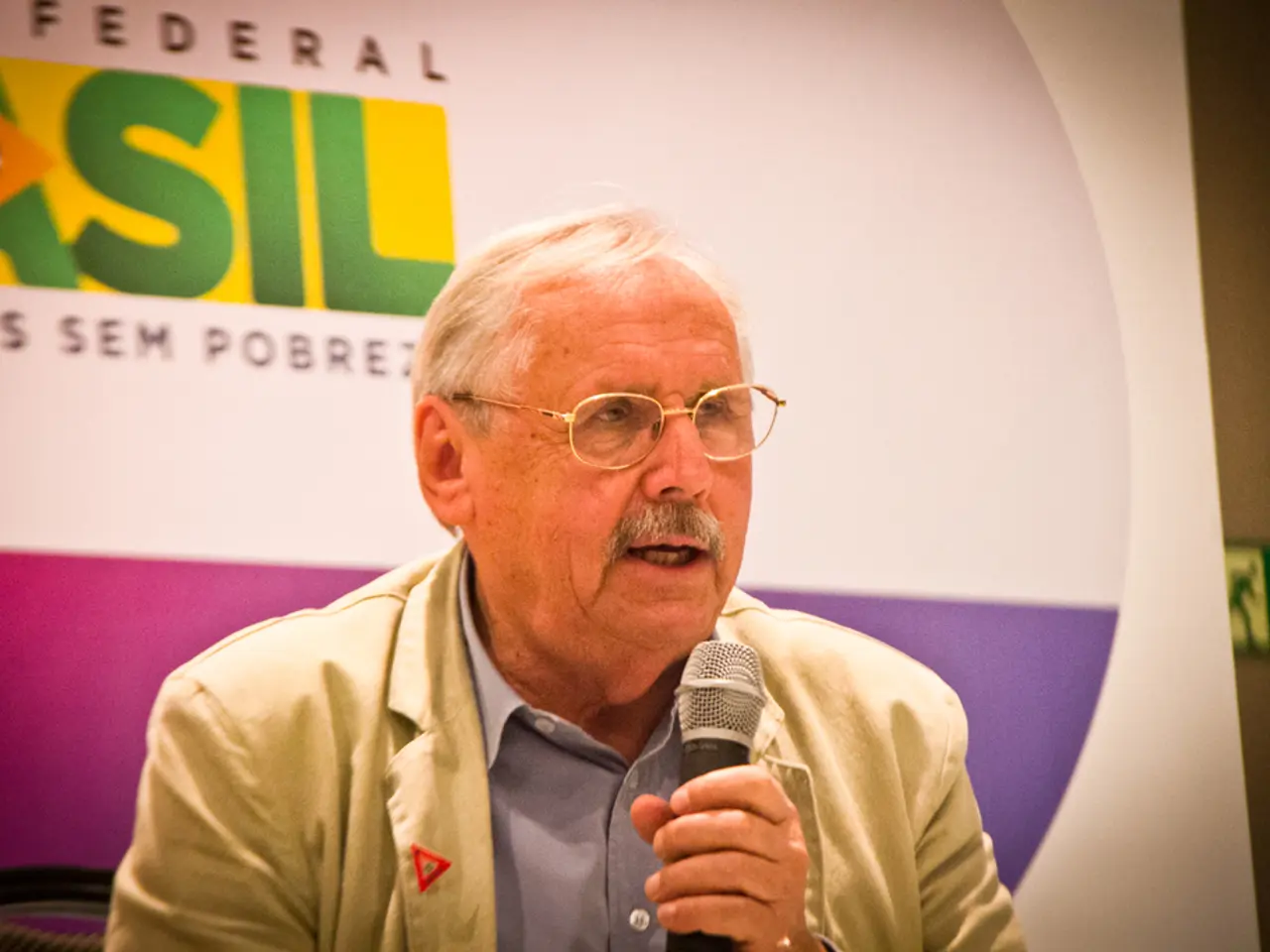Green Fuel Pursuit: Hydrogen, Enea, and Polymers in the Quest for Sustainable Aviation Fuel
In a significant step towards sustainable aviation, Enea, in collaboration with the Politecnico di Milano, has launched an initiative to produce e-fuels (green fuels) for aircraft. The project, funded by the Ministry of the Environment and Energy Security under the Italian PNRR (National Recovery and Resilience Plan) with €110 million, aims to establish a green aviation fuel chain based on Power-to-Hydrogen (Por hydrogen) technologies.
The primary focus of the research plan is the production and implementation of e-kerosene, a synthetic kerosene fuel produced using renewable electricity to generate hydrogen from water (electrolysis) and capturing CO2 from sustainable sources, followed by the synthesis of hydrocarbons suitable for aviation fuel. The objective is to decarbonize the aviation sector, which is heavily reliant on fossil kerosene, by substituting it with this green synthetic fuel.
Key elements of the plan include the research and development of the electrolysis process to produce green hydrogen efficiently, the direct utilization of hydrogen in Power-to-Liquid (PtL) processes to synthesize e-kerosene, scaling up e-kerosene production technologies to enable commercial viability, and the implementation in the national context, which involves fostering aviation sector adaptation, creating infrastructure, and promoting industrial integration with Italian energy and aviation stakeholders.
The initiative includes the design of a pilot plant for the production of e-fuels. Research and testing will be performed in this pilot plant, and the data collected will be utilized to optimize the production process using a commercial process simulator. Claudia Bassano, a researcher at the Energy Storage Laboratory, is involved in the research plan, specifically focusing on the study of e-fuel production technologies for aeronautical applications and their implementation in the national context.
Claudia Bassano stated that some plant configurations will be identified, and a relative economic analysis will be conducted for the estimation of the production-specific cost, calculated as a function of the cost of electricity and CO2 in the ETS emissions market. The project falls within the Operational Research Plan (Por) on renewable hydrogen to address various technological challenges.
This initiative is part of Italy's commitment to renewable energy projects and PNRR funding in transport sectors, including trains and infrastructure projects. The European Union's new environmental targets for aviation include the use of at least 2% of green fuels by 2025 and increasing to 85% by 2050. E-kerosene, with its advantages such as high energy density and an already available market and infrastructure, is considered one of the technological solutions for the decarbonization of the aviation sector.
Giulia Monteleone, head of the energy production, storage, and use division and coordinator of the Por hydrogen at Enea, stated that e-fuels are particularly interesting in sectors where direct electrification is difficult to implement, such as aviation. The research plan Por hydrogen is studying the state of the art of e-fuel production technologies for aeronautical applications in the national context.
The project is expected to contribute significantly to Italy's efforts to reduce the environmental impact of air transport, fulfill EU climate targets, and strengthen energy security by relying less on imported fossil fuels. The technologies behind the production processes of these new synthetic fuels are still at a low level of development, making this initiative a significant step towards a greener future for aviation.
- The research project, focused on producing e-kerosene for aviation fuel, lies within the Operational Research Plan (Por) on renewable hydrogen and aims to address technological challenges in the sector.
- Claudia Bassano, a researcher at the Energy Storage Laboratory, is studying e-fuel production technologies for aeronautical applications, specifically analyzing the economic feasibility of these technologies.
- E-kerosene, appreciated for its high energy density and market readiness, is considered one of the technological solutions for the decarbonization of the aviation sector, with the objective of substituting fossil kerosene.
- The initiative, part of Italy's renewable energy projects and PNRR funding in transport sectors, also aligns with the European Union's new environmental targets for aviation, including the use of at least 2% green fuels by 2025 and up to 85% by 2050.




